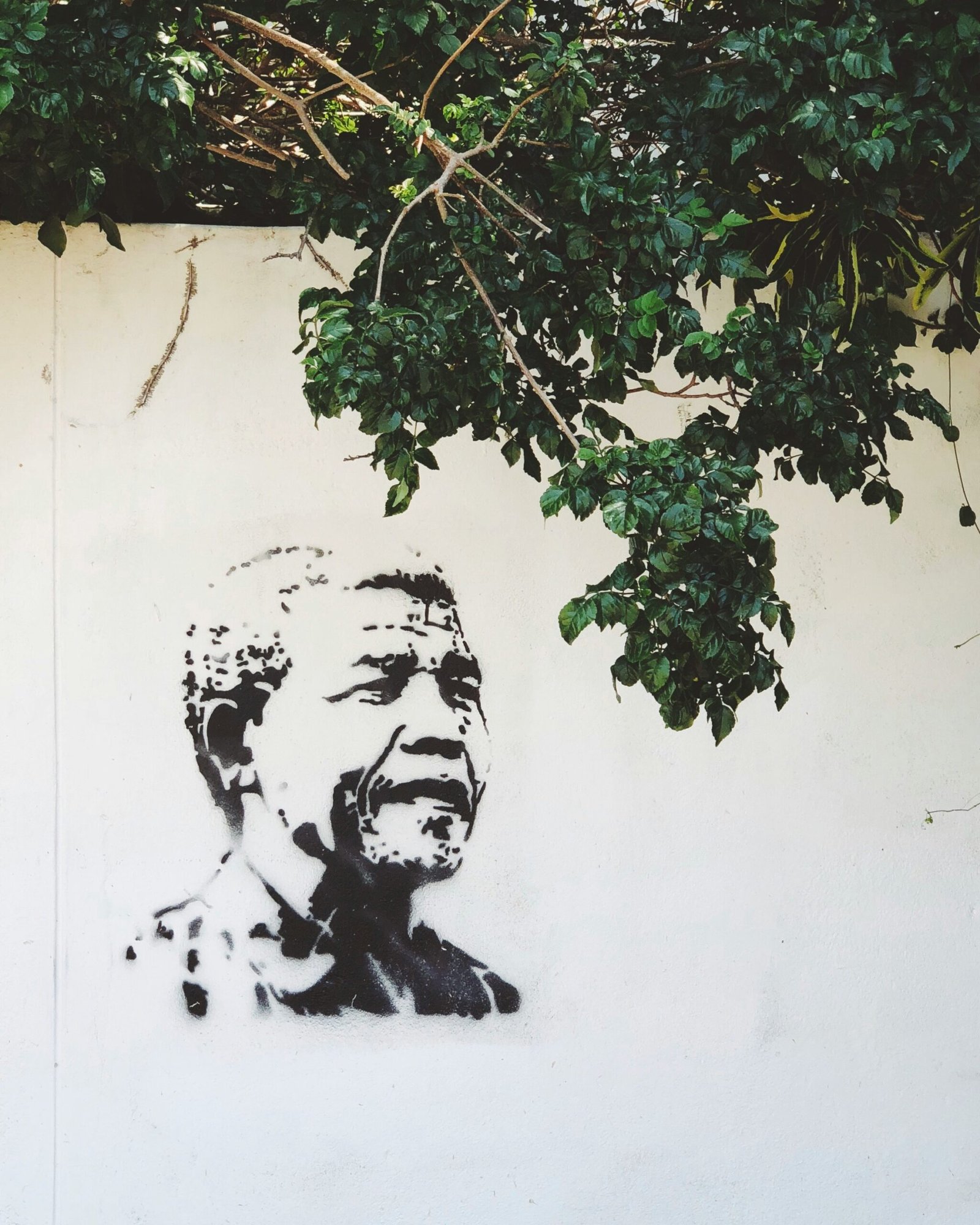The Legacy of Nelson Mandela and the ANC’s Three Decades of Governance
The African National Congress (ANC), under the leadership of Nelson Mandela, ascended to power amidst a transformative period in South African history. Mandela, an emblematic figure in the struggle against apartheid, played a crucial role in dismantling the institutionalized system of racial segregation and oppression. His presidency marked the dawn of a democratic South Africa, characterized by a commitment to reconciliation and nation-building. Mandela’s vision laid the groundwork for the ANC’s governance, which has spanned three decades.
Over the past thirty years, the ANC has implemented significant social, economic, and political reforms aimed at redressing the injustices of the apartheid era. One of the notable achievements has been the improvement in healthcare services. The ANC-led government has expanded access to medical care, particularly in rural and underserved areas, leading to better health outcomes for millions of South Africans. In the realm of education, the ANC has made strides in increasing enrollment rates and improving the quality of education, though challenges remain in achieving equity and excellence across all communities.
Infrastructure development has also been a focal point of the ANC’s governance. The construction of new roads, housing projects, and utilities has contributed to economic growth and enhanced the quality of life for many South Africans. Despite these advancements, the ANC’s tenure has not been without its difficulties. Persistent issues such as economic inequality, high unemployment rates, and systemic corruption continue to pose significant hurdles. The gap between the affluent and the impoverished remains stark, and the unemployment crisis has particularly affected the youth, leading to social unrest and disenchantment.
Corruption scandals have further marred the ANC’s reputation, eroding public trust in the party’s ability to govern effectively. Efforts to combat corruption have been met with mixed results, and the challenge of ensuring transparency and accountability within government structures persists. Nonetheless, the legacy of Nelson Mandela and the ANC’s contributions to South Africa’s progress cannot be entirely overshadowed by these challenges. The party’s historical role in the fight for freedom and its ongoing efforts to address the complex issues facing the nation continue to define its place in South African society.
The Current Political Climate and the ANC’s Moment of Truth
As South Africa commemorates three decades of ANC rule, the nation’s political landscape is marked by significant turbulence. The African National Congress (ANC), once revered for its role in dismantling apartheid, now grapples with a plethora of challenges that threaten its continued dominance. Public dissatisfaction has reached unprecedented levels, fueled by persistent corruption scandals and internal party conflicts that have eroded public trust. The ANC’s storied legacy is increasingly overshadowed by allegations of graft, which have not only tainted its image but also weakened its electoral base.
Internal discord within the party has further compounded its woes. Factionalism, characterized by power struggles and ideological rifts, hampers unified leadership and coherent policy-making. Prominent figures within the ANC are often embroiled in public disputes, projecting an image of disarray to the electorate. Such internal strife has diminished the party’s ability to effectively address critical national issues, from economic stagnation to social inequality, exacerbating public disillusionment.
The rise of opposition parties and movements advocating for change signifies a critical juncture for the ANC. Parties like the Democratic Alliance (DA) and the Economic Freedom Fighters (EFF) have capitalized on the ANC’s vulnerabilities, gaining traction among voters seeking alternatives. These opposition entities, while diverse in their ideologies, share a common narrative of advocating for accountability and governance reforms. Their growing influence underscores the electorate’s desire for a shift from the status quo.
For the ANC, this moment of truth necessitates introspection and decisive action. Addressing corruption head-on and fostering internal cohesion are paramount to restoring public confidence. The party must also innovate its policy approaches to effectively tackle the socio-economic challenges that persist in South Africa. Failure to do so could lead to a continued decline in electoral support, potentially relegating the ANC to a diminished role in the country’s political future.
Conversely, this period also presents opportunities for renewal. By embracing transparent governance and reconnecting with its foundational values, the ANC can reinvigorate its political relevance. The party’s ability to navigate this critical phase will not only determine its future trajectory but also significantly impact South Africa’s democratic landscape.












Great job on this article! The depth of information and clarity with which you presented it is commendable. It has been very helpful.